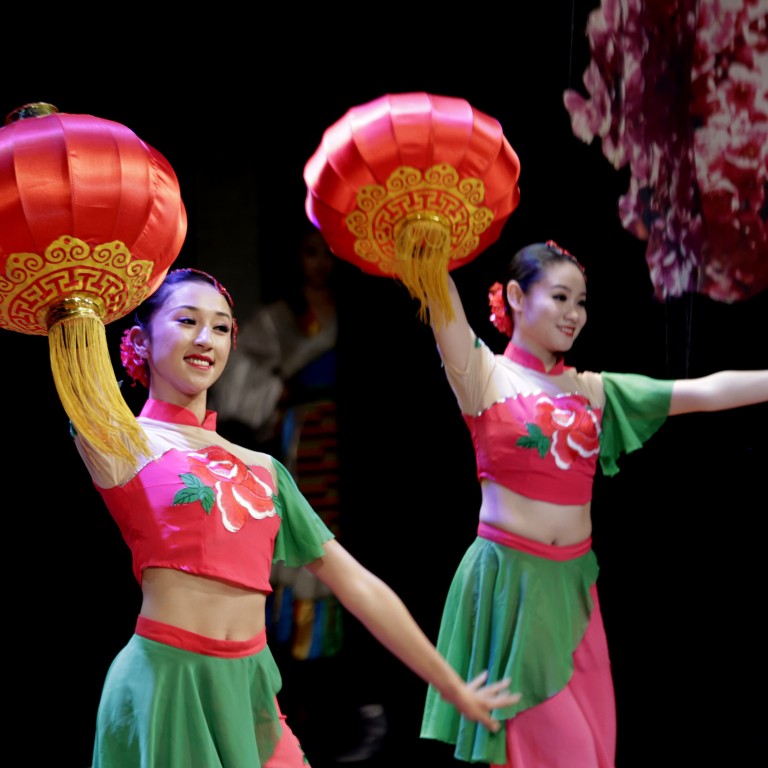
A China-led Asia should aspire to nothing less than a cultural renaissance
Michael Heng says region could dazzle with birth of a modern civilisation
The world should welcome a wealthy and powerful China. A strong Chinese economy has benefited the global economy, and a powerful China in the 1930s would probably have deterred Japan from invading China and Southeast Asia. However, while welcoming a powerful China, the world would not like to see a bullying China.
China is not alone in Asia with its dream to become wealthy and powerful. With Asian economies doing well, many hope this will be the Asian Century. But what kind of Asian Century?
For instance, how would Asians like this period to be understood in centuries ahead? As just a period of remarkable economic growth? Or as a period of economic development coupled with cultural and intellectual brilliance, on a par with previous glorious periods of human history?
The rise of Asia is likely to have a more profound influence if it is accompanied by a cultural and intellectual rejuvenation. Radical transformations are often accompanied by intellectual ferment and cultural effervescence. These transformations throw up many serious issues, challenging the best brains of the time, who draw on their intellectual heritage, learn from other sources and synthesise them to produce original thought.
The most recent example is the European Renaissance and Enlightenment, which produced giants in the fields of philosophy, the sciences, fine arts, music, architecture and literature. European intellectuals acted as a positive force, both as social consciences and sources of forward-looking ideas.
Such a historical perspective provides new dimensions to the Chinese Dream. It suggests a project of building a modern Chinese civilisation. This is in line with Chinese concern to retain their cultural heritage while developing a system of social, economic and political philosophies to cope with the demands of modernisation. In this endeavour, morality, culture, ethics and values have featured prominently.
Asia faces three major cultural-intellectual tasks at this juncture. The first is to draw insights from its own cultural and intellectual resources in tackling problems, with a commitment for social justice and sustainable development. In reworking old ideas, it is essential to be guided by the creative spirit and bold thinking of the original masters. More challenging is to follow their footsteps to create new schools of thought.
The second task is to examine the ideas and institutions that have evolved from outside Asia. This should be done when one's own cultural and intellectual resources are found to be inadequate to tackle the problems of the time. In the process, ideas intermingle and find new forms.
Asians are glad that the Renaissance and Enlightenment drank from the wells of Asian achievements. Why can't Asians be glad to learn from the West? The West has borrowed from Chinese bureaucracy in its understanding of a system of governance and has improved upon it. Why can't China do the same for democracy?
The third task is to engage in cultural productions - music, novels, poetry, performance arts, paintings, etc. Though this is happening, it needs more support and encouragement. Asia must dream to produce musicians of the calibre of Mozart and Beethoven, for example.
Sceptics may say this view is too romantic. There are formidable obstacles to the development of world-class original ideas and exciting cultural works. There is self-censorship that originates from fear. The more immediate task, therefore, is to create an environment in which citizens can air and discuss their ideas freely, without fear of harassment and suppression.
If and when Asian cultural and intellectual rejuvenation does occur in all its glory, it will lift Asian civilisation to a higher level. In so doing, it would contribute to the cultural resources of the world and to a richer modern civilisation. It would also impart a more profound meaning to the terms Chinese Dream and Asian Century.

